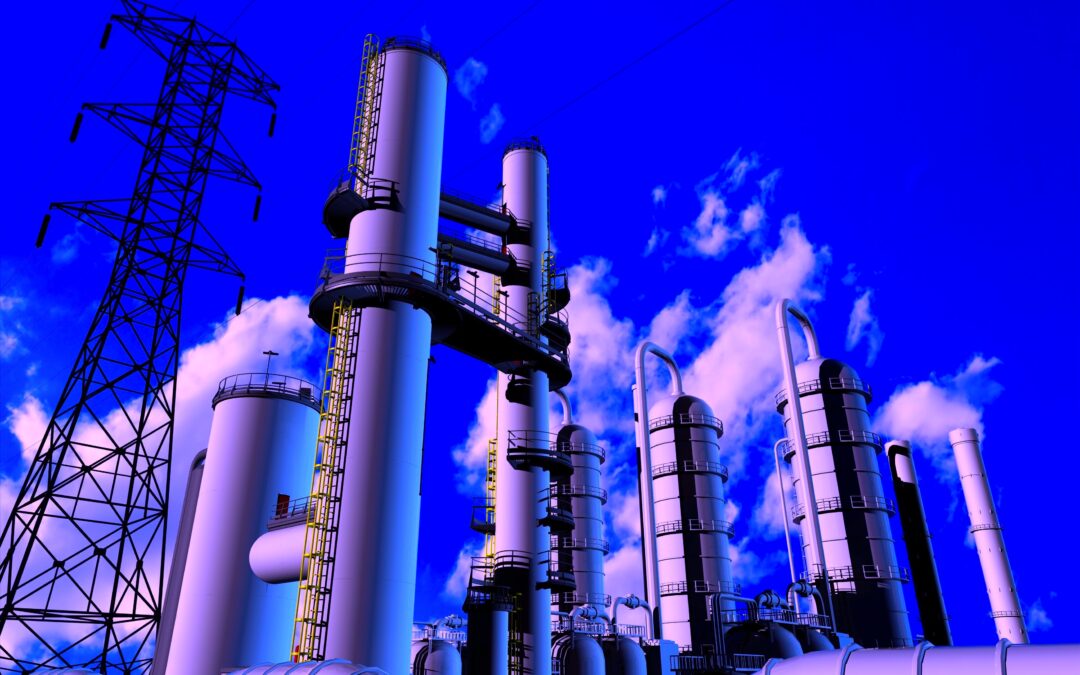If your answer to that simple question is “yes,” you might be part of the problem, not the solution. I’ve been in the reliability-engineering and asset-management business for more than 30 years. And, over time, I’ve often heard senior and mid-level managers say they don’t have time for details. Is that because they don’t have time or don’t care?
As we were growing up, many of us heard the old adage, “The devil’s in the details.” It’s true. My mentor, colleague, and good friend Ron Moore authored an important, detail-oriented book titled, Making Common Sense Common Practice: Models for Manufacturing Excellence. If you’re an asset manager who hasn’t read it, do so now. Then re-read it.
While I’ve been a reliability-engineering consultant for a long time, I am not an “insultant” that flies to a client’s site, fiddles around the operation, then flies off. I travel with appropriate PPE, and it won’t be a good day in any plant unless I’ve washed grease off my hands at least three times.
My site visits usually follow meetings where engineers and managers have explained their strategies, plans, and initiatives for managing and improving the reliability of physical-equipment assets. I’m usually pretty impressed. These people put a great deal of thought into creating the documents they share with me. However, when I visit their operations, the shine on their stories often turns rusty.
For example, I frequently notice loose or missing fasteners, low lubricant levels, hazy or milky oil, missed lube points, and the like. These are observations based only on sensory indicators. Imagine what I could find with a vibration-data collector, ultrasonic emissions-monitoring tool, infrared (IR) camera, and/or motion-amplification device.
Readers of my articles in The RAM Review know I’m passionate about precision maintenance, with a clear and direct focus on the mechanical and electrical aspects of Fasteners, Lubrication, Alignment and Balance (FLAB). I believe that was Ron Moore’s focus when he wrote his book. After all, it’s common sense that shaky, noisy, leaky, hot, and dirty machines will be less reliable than those that are kept tight and clean and run smooth, quiet, and cool.
So, let me pose another simple question here: “When will we collectively unbury our heads from the sand, face some simple truths, and make common sense common practice?”
When I first entered this field in the early 1990s, I was thinking reliability-focused asset management made plenty of sense. So much sense that all plants and facilities would quickly embrace and implement proactive- and predictive-maintenance and reliability best practices. And because of all that, I would soon need to find another line of work for myself. How naïve I was. Fast-forward 20+ years, and I’m sad to report not much has changed since the ’90s.
How do we make needed asset-management change happen? It won’t be by accident. It requires talented and committed engineers, managers, and technicians to declare, “I’m mad as hell and I’m not going to take it anymore.” It also calls for people willing to accept the baton and provide relentless leadership to “make common sense common practice.”
We know how to improve production, profit, safety, and environmental performance of our assets. But, do we collectively have the guts to do what it takes to actually accomplish it? The 30-years-worth of lip service and excuses I’ve seen and heard make me question whether we do.
If, however, you and/or your team(s) are willing to make common sense common practice in plants and facilities, the editorial team at The RAM Review stands ready to support you with timely information.TRR
ABOUT THE AUTHOR
Drew Troyer has over 30 years of experience in the RAM arena. Currently a Principal with T.A. Cook Consultants, a Part of Accenture, he was a Co-founder and former CEO of Noria Corporation. A trusted advisor to a global blue chip client base, this industry veteran has authored or co-authored more than 300 books, chapters, course books, articles, and technical papers and is popular keynote and technical speaker at conferences around the world. Drew is a Certified Reliability Engineer (CRE), Certified Maintenance & Reliability Professional (CMRP), holds B.S. and M.B.A. degrees. Drew, who also earned a Master’s degree in Environmental Sustainability from Harvard University, is very passionate about sustainable manufacturing. Contact him at 512-800-6031, or email dtroyer@theramreview.com.
Tags: reliability, availability, maintenance, RAM, fasteners, lubrication, alignment, balancing, FLAB, workforce issues



